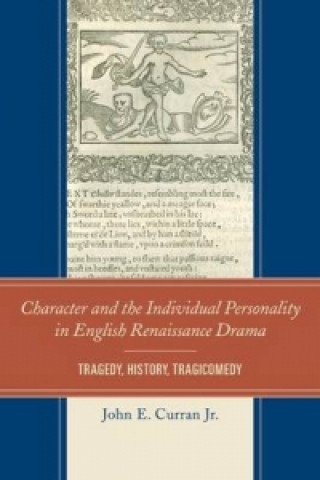
Code: 04838223
Character and the Individual Personality in English Renaissance Drama
by John Curran
Character and the Individual Personality in English Renaissance Drama: Tragedy, History, Tragicomedy studies instantiations of the individualistic character in drama, Shakespearean and non-Shakespearean, and some of the Renaissan ... more
- Language:
 English
English - Binding: Hardback
- Number of pages: 360
Publisher: University of Delaware Press, 2014
- More about this

You might also like
-

Complementary Medicine for Veterinary Technicians and Nurses
318.83 zł -

Basic Needs
276.01 zł -
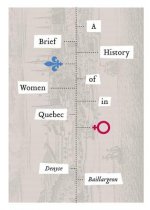
Brief History of Women in Quebec
105.56 zł -4 % -

Black Public Sphere
169.23 zł -

Asian America
161.17 zł -

7809: Journal of Armored and Heliborne Warfare (9)
61.14 zł -23 %
Availability alert
Enter your e-mail address and once book will be available,
we will send you a message. It's that simple.
More about Character and the Individual Personality in English Renaissance Drama
 Book synopsis
Book synopsis
Character and the Individual Personality in English Renaissance Drama: Tragedy, History, Tragicomedy studies instantiations of the individualistic character in drama, Shakespearean and non-Shakespearean, and some of the Renaissance ideas allowing for and informing them. Setting aside such fraught questions as the history of Renaissance subjectivity and individualism on the one hand and Shakespearean exceptionalism on the other, we can find that in some plays, by a range of different authors and collaborators, a conception has been evidenced of who a particular person is, and has been used to drive the action. This evidence can take into account a number of internal and external factors that might differentiate a person, and can do so drawing on the intellectual context in a number of ways. Ideas with potential to emphasize the special over the general in envisioning the person might come from training in dialectic (thesis vs hypothesis) or in rhetoric (ethopoeia), from psychological frameworks (casuistry, humor theory, and their interpenetration), or from historiography (exemplarity). But though they depicted what we would call personality only intermittently, and with assumptions different from our own about personhood, dramatists sometimes made a priority of representing the workings of a specific mind: the patterns of thought and feeling that set a person off as that person and define that person singularly rather than categorically. Some individualistic characters can be shown to emerge where we do not expect, such as with Fletcherian personae like Amintor, Arbaces, and Montaigne of The Honest Man's Fortune; some are drawn by playwrights often uninterested in character, such as Chapman's Bussy D'Ambois, Jonson's Cicero, and Ford's Perkin Warbeck; and some appear in being constructed differently from others by the same author, as when Webster's Bosola is set in contrast to Flamineo, and Marlowe's Faustus is set against Barabas. But Shakespearean characters are also examined for the particular manner in which each troubles the categorical and exhibits a personality: Othello, Good Duke Humphrey, and Marc Antony.
 Book details
Book details
Book category Books in English Literature & literary studies Literature: history & criticism Literary studies: general
- Full title: Character and the Individual Personality in English Renaissance Drama
- Subtitle: Tragedy, History, Tragicomedy
- Author: John Curran
- Language:
 English
English - Binding: Hardback
- Number of pages: 360
- EAN: 9781611495041
- ID: 04838223
- Publisher: University of Delaware Press
- Weight: 649 g
- Dimensions: 234 × 162 × 28 mm
- Date of publishing: 20. August 2014
Trending among others
-
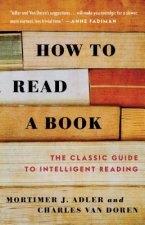
How to Read a Book
51.97 zł -23 % -
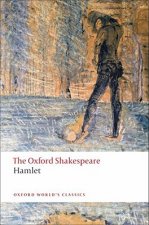
Hamlet: The Oxford Shakespeare
43.41 zł -15 % -
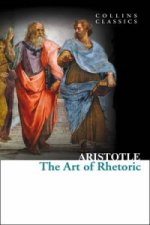
Art of Rhetoric
14.90 zł -5 % -
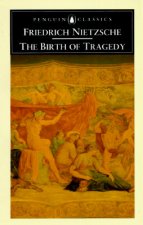
Birth of Tragedy
42.90 zł -23 % -
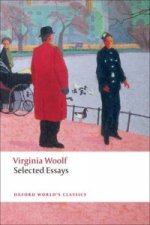
Selected Essays
47.34 zł -23 % -
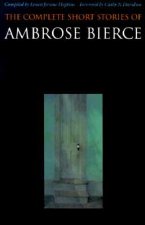
Complete Short Stories of Ambrose Bierce
105.56 zł -4 % -

Serpent Power
105.56 zł -4 % -
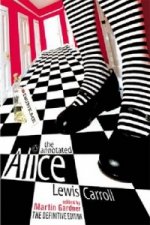
Annotated Alice
52.37 zł -15 % -
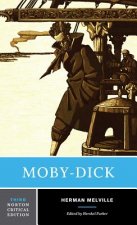
Moby-Dick
79.67 zł -

Nordic Noir
70.41 zł -23 % -
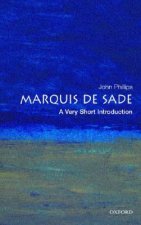
Marquis de Sade: A Very Short Introduction
55.60 zł -5 % -
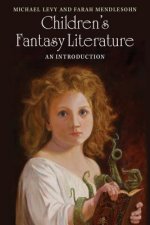
Children's Fantasy Literature
113.82 zł -14 % -
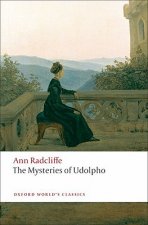
Mysteries of Udolpho
48.95 zł -14 % -
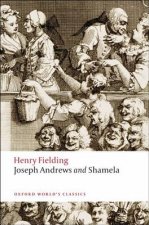
Joseph Andrews and Shamela
45.52 zł -4 % -
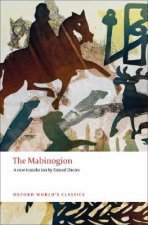
Mabinogion
47.34 zł -23 % -
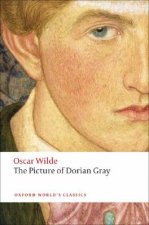
The Picture of Dorian Gray
29.20 zł -23 % -
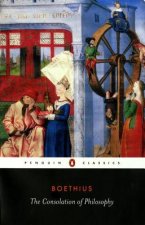
Consolation of Philosophy
47.34 zł -23 % -
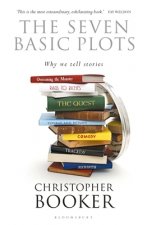
Seven Basic Plots
93.17 zł -15 % -
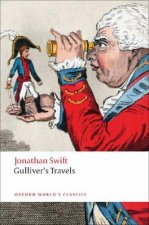
Gulliver's Travels
29 zł -23 % -
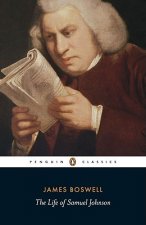
Life of Samuel Johnson
92.37 zł -11 % -

Powers of Horror
213.35 zł -

Road to Hel
235.72 zł -
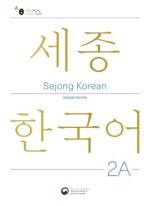
Sejong Korean Student Book 2A - English Edition, m. 1 Audio
132.16 zł -
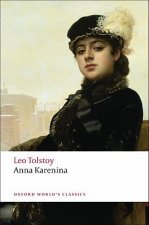
Anna Karenina
45.52 zł -4 % -

Wide Sargasso Sea
38.27 zł -14 % -
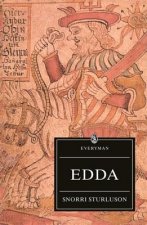
Edda
44.62 zł -20 % -
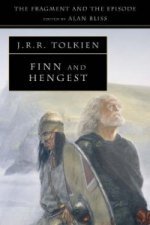
Finn and Hengest
42.70 zł -23 % -
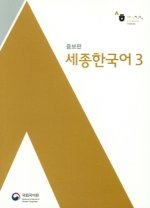
Sejong Korean 3, m. 1 Audio
122.69 zł -
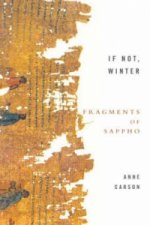
If Not, Winter: Fragments Of Sappho
62.95 zł -26 % -

Africa's Tarnished Name
15.30 zł -23 % -
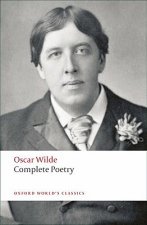
Complete Poetry
33.64 zł -23 % -
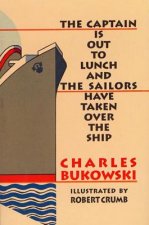
Captain is Out to Lunch
69.90 zł -10 % -
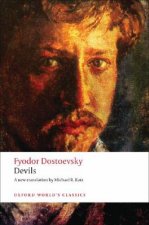
Devils
53.58 zł -4 % -
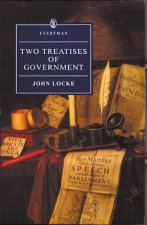
Two Treatises of Government
45.32 zł -5 % -
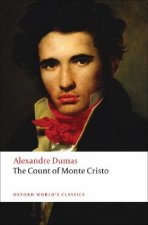
Count of Monte Cristo
47.34 zł -23 % -

Sejong Korean 2 (Korean+English Version), m. 1 Audio
122.69 zł -

Moveable Feast
43.41 zł -15 % -

Moveable Feast
47.04 zł -14 % -
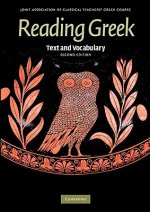
Reading Greek
189.18 zł -
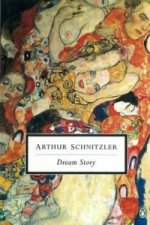
Dream Story
47.34 zł -23 % -
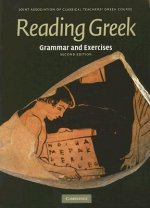
Reading Greek
209.22 zł -

Analysis of Donna Haraway's A Cyborg Manifesto
39.78 zł -
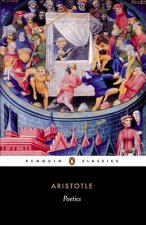
Poetics
54.89 zł -10 % -
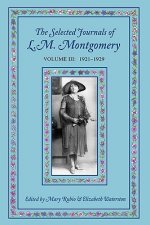
Selected Journals of Lm Montgomery Volume III 1921-1929
88.54 zł -9 % -

Leaves of Grass
75.74 zł -
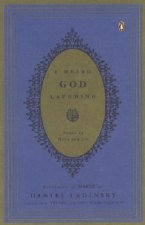
I Heard God Laughing
79.27 zł -13 % -
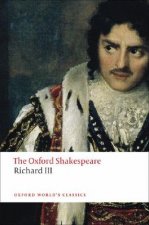
Tragedy of King Richard III: The Oxford Shakespeare
38.27 zł -23 % -

Sejong Korean Student Book 1B - Korean Version, m. 1 Audio
132.16 zł -

Wild Ass's Skin
65.57 zł -4 %
safisfied customers
Since 2008, we have served long line of book lovers, but each of them was always on the first place.
Copyright! ©2008-24 libristo.pl All rights reservedPrivacyPoučení o cookies



 21 million books
21 million books Delivery 12.99 zł
Delivery 12.99 zł (32) 444 93 66 (8-15.30h)
(32) 444 93 66 (8-15.30h)